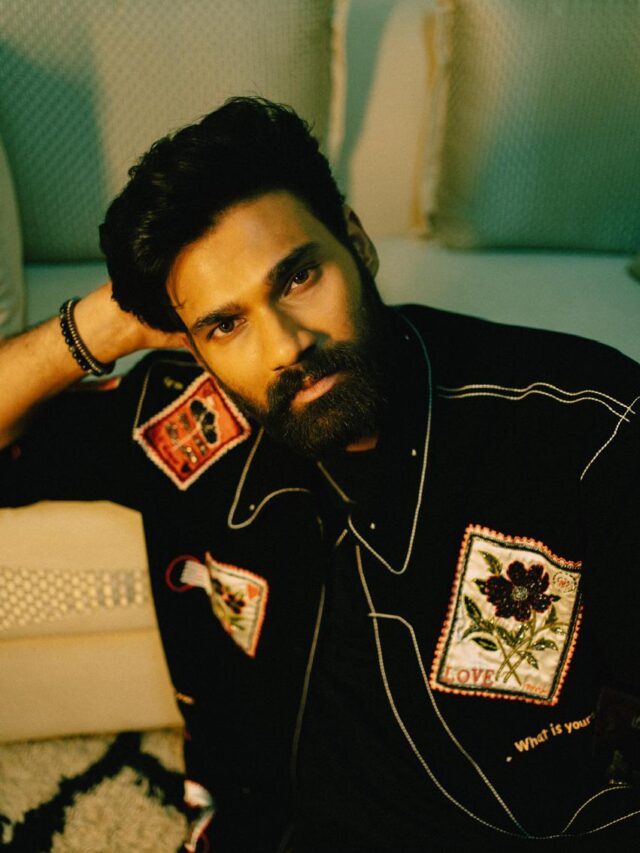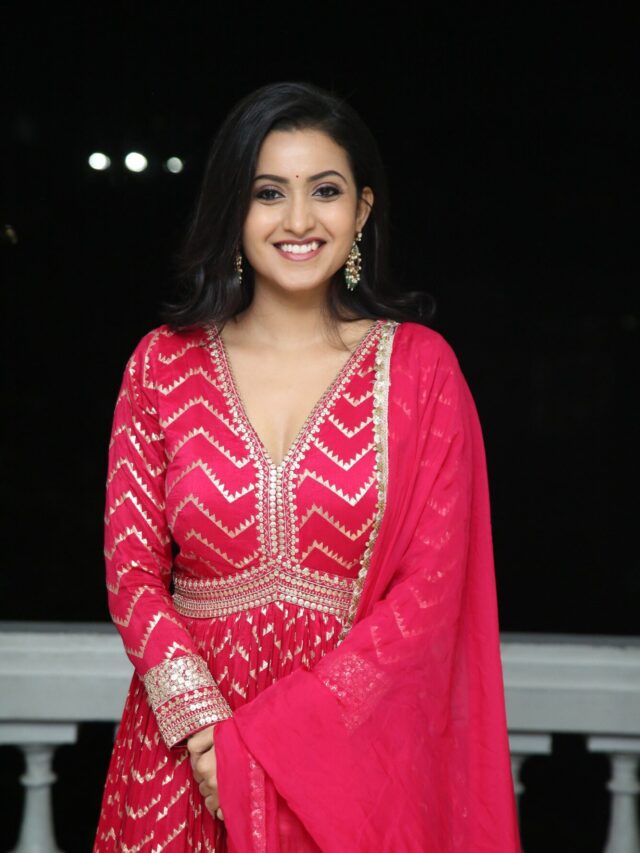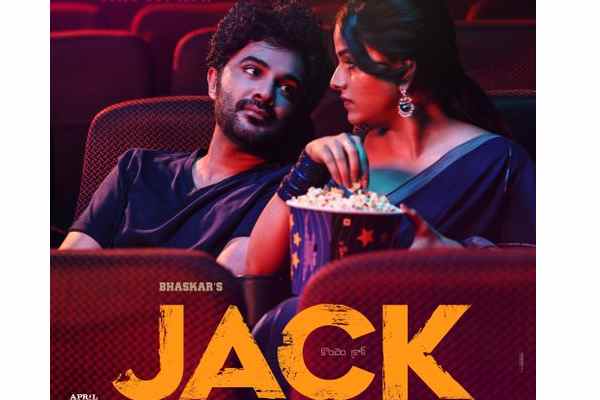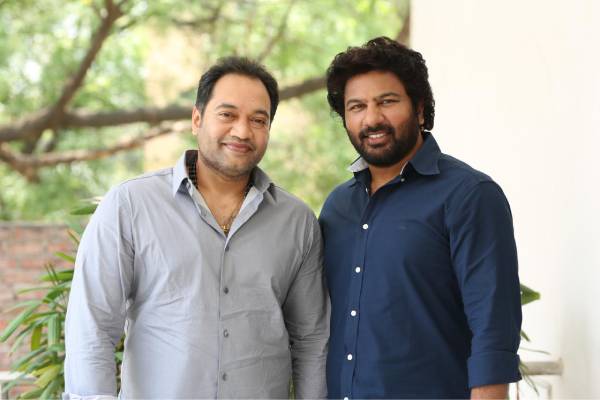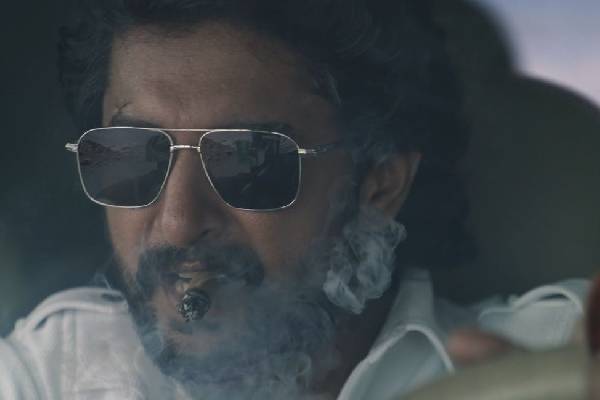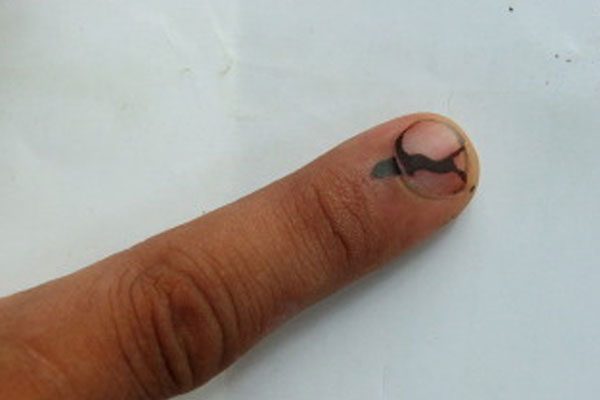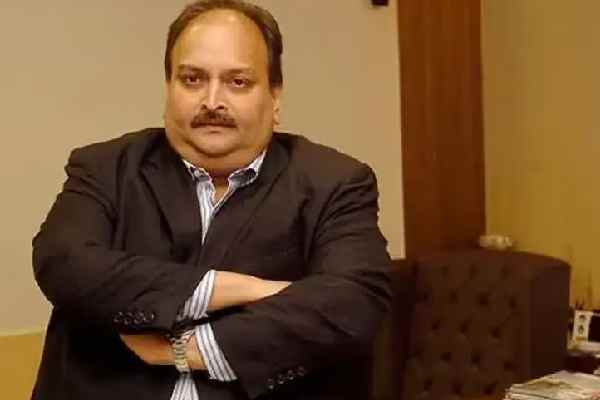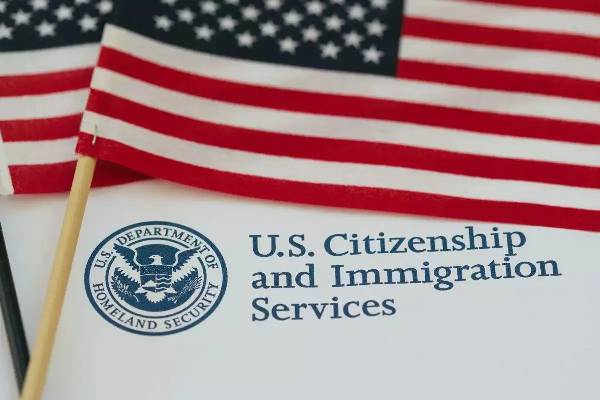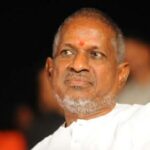The voter participation in elections is discretionary in India, but it is obligatory in 33 countries of the world including Argentina, Australia, Belgium, Brazil, Egypt, etc. The case for making mandatory voting is pending for almost two years in Supreme Court. Since the executive is not so efficient, the judiciary intervenes in the election process. In democracy, the country’s future depends majorly on the elections. If the voter count is decreasing, the elections are no longer representing people’s views.
Manipur recorded the highest ever voter turnout of 84 percent in the first phase of the assembly elections. In the second phase the North eastern state had the polling voter turnout of 86 percent recorded. Interesting thing was a lot of soldiers took leave and turned up to cast their vote.
In Mumbai, in the Elections to civic bodies, including the pivotal Brihanmumbai Municipal Corporation (BMC) the voter turnout of the rich and the middle class was very diminutive. When Mumbai stepped out to vote only 55 percent polling was recorded, which in itself is the highest. In 2012, only 44.74 percent was recorded while in 2007 it was only 41 percent. In the 2012 Assembly elections, these constituencies in Mumbai recorded 51 percent polling.
These observations reveal the voting interests of different sects of people. Mumbai is technological advanced, home for a lot of businesses, employees and is known for its urban style of living. While in Manipur 36 percent of people’s livelihood depends on cutting trees and selling the wood and there are hardly any industries. Manipur has primarily an agrarian economy, with significant hydroelectric power generation potential. The only available employment opportunity is serving in the Army. The mode of transportation is often trekking and there is no established roadway or railway network. The interest of the tribes in such place to participate in polling is higher than Mumbai. The businessmen and the elites who want to control the government did not even try to influence the voting pattern.
Despite rejections the Election Commission is relentless pursuing for long pending electoral reforms. Out of 121 crores of population only 66.38 percent polling was recorded in 2014 elections which is highest in the history of India.
Prime Minister Narendra Modi recently advocated for simultaneous elections for the Lok Sabha and State Assemblies. The EC electoral reforms include steps to increase transparency in political funding, making bribery a cognizable offence and disallowing criminal candidates from contesting elections.
Gujarat became the first state in India to make voting mandatory in local polls but the high court stayed the 2015 law. This law would empower an election officer to serve voters notice if they did not vote and failure to explain within a month could lead to the person being declared a “defaulter voter”. Making voting mandatory requires a constitutional amendment. Even though election commission has taken various measures to create awareness, the numbers are not yet reflecting the majority.













